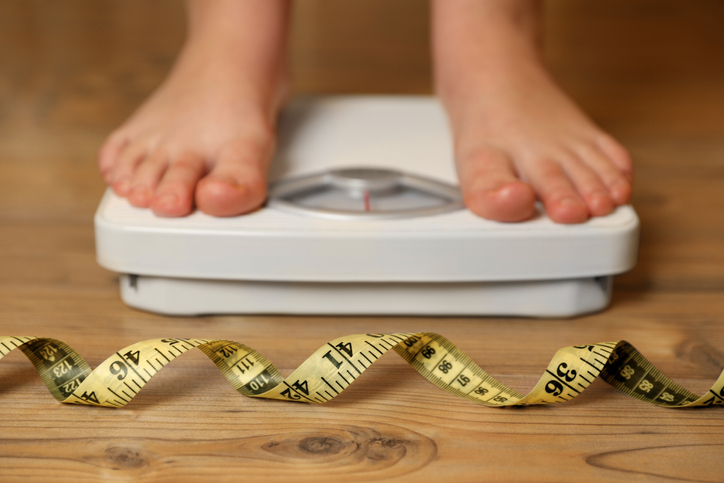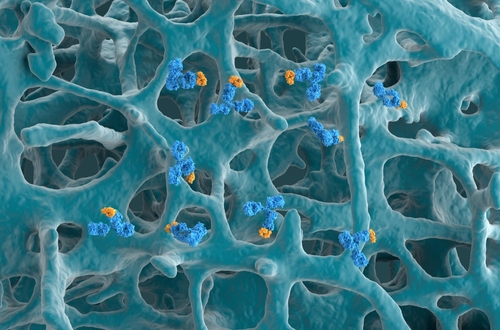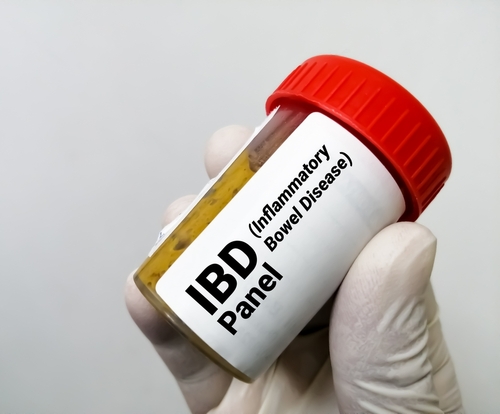
A new study suggests COVID-19 infection “may play a vital role in initiating asthma pathogenesis,” as approximately 10% of patients who had chronic cough and dyspnea after COVID-19 received an asthma diagnosis.
Aysegul Gencer, MD, of the Istanbul Bakirkoy Dr. Sadi Konuk Training and Research Hospital, and colleagues conducted the research to “investigate the presence of underlying chronic airway disease in individuals with chronic cough and dyspnea lasting longer than 8 weeks and who had previously [had] coronavirus disease 2019 (COVID-19) and had no known lung disease.”
Dr. Gencer and colleagues studied 151 patients who were admitted with a complaint of cough and/or dyspnea that persisted for at least 8 weeks following a COVID-19 infection. They recorded patients’ demographic characteristics, smoking history, the severity of lung involvement on chest computed tomography in the acute phase of COVID-19 infection, and bronchodilator reversibility test results.
Nearly 10% of patients received an asthma diagnosis (9.3%), while 8.6% of patients received a diagnosis of nonreversible airflow obstruction, and 0.7% received a diagnosis of chronic obstructive pulmonary disease.
Forced expiratory volume in the first second increased by ≥200 mL in 26.5% of patients. In 15.9% of patients, forced expiratory volume in the first second increased by >200 mL, with a forced expiratory volume in the first second percentage of 12% or more.
“It should be kept in mind that viral infection-related asthma may be the underlying cause of prolonged cough and dyspnea after COVID-19 infection,” Dr. Gencer and colleagues concluded.
Gencer A, Caliskaner Ozturk B, Borekci S, Gemicioglu B. Bronchodilator reversibility testing in long-term cough and dyspnea after Covid-19 viral infection: a trigger for asthma? J Asthma. 2022. doi:10.1080/02770903.2022.2139719







 © 2025 Mashup Media, LLC, a Formedics Property. All Rights Reserved.
© 2025 Mashup Media, LLC, a Formedics Property. All Rights Reserved.